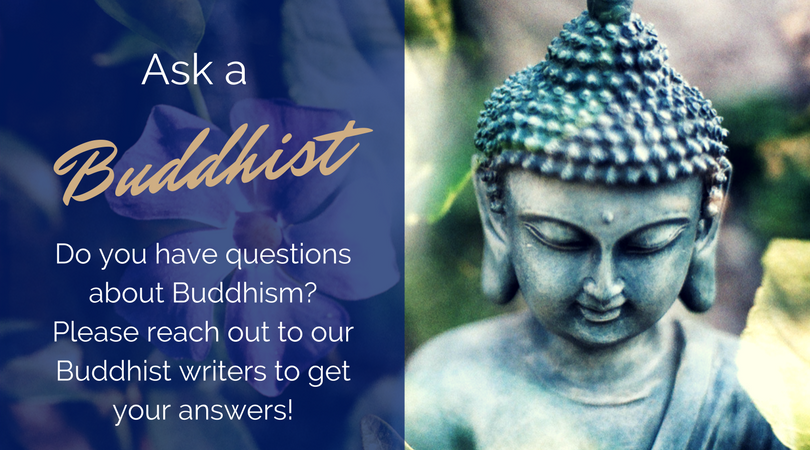Ask a Buddhist: What Exactly Is the ‘Bogd’ and His Role?
What do you want to ask a Buddhist? Fill out the form below or submit your question online.
Please consider donating to the FāVS Fund for Social Justice Reporting
Commentary by Tenzin Tsepal | FāVS News
Bogd (pronounced bogged) is a Mongolian word with several meanings — saint, holy, sacred, and has also referred to places such as districts, mountains and volcanoes. Today the title is found on banks, Cashmere shops and auto dealerships throughout Mongolia. I suspect this question arises from the recent The New York Times article, “An 8-Year Old is at the Heart of a Fight Over Tibetan Buddhism.” Last March, the Dalai Lama identified a young Mongolian boy as the Bogd, the 10th incarnation of the spiritual leader of Mongolian Buddhism.
In a nutshell, Buddhism teaches that our body and mind separate at death, and the mind is propelled by karmic influences to take another rebirth. It is said that we’ve all had beginningless rebirths and will take endless rebirths until we can overcome their causes, namely afflictions like anger, greed and ignorance that motivate negative actions such as killing, stealing lying, and so forth.
Identifying Reincarnations of High Lamas
In Tibet and Mongolia, it is common to search for the reincarnations of high lamas, primarily to support their religious education so they can quickly resume their beneficial work. One way potential children are identified is by showing them an array of religious articles that belonged to the precious incarnation, such as prayer beads, bells and dorjes, eyeglasses and so forth. These are placed among similar looking items to see if the child recognizes them. Those assessing the young candidates also observe whether a young child recognizes people who were especially close to the previous incarnation. These are considered special signs.
As you can read in The New York Times article, there are many political ramifications of the Dalai Lama officially recognizing this young Mongolian boy as the 10th Bogd. Naming a Mongolian reincarnate draws this boy and his family into the long-standing political drama between China and the Dalai Lama. Since overtaking Tibet in 1959, the Chinese Communist Party has sought to assert its authority over the Dalai Lama and Tibetan Buddhism. Although the party is atheist, it has declared that only it can name the reincarnation of the current Dalai Lama and other high lamas, even outside of China.
Meanwhile, the 8-year-old boy is continuing with his normal education and childhood, but also receives regular religious instruction at Ganden Monastery in Ulaanbaatar, Mongolia’s capital city. When he turns 18, it will be up to the young boy whether he wants to remain as the Bogd. If he chooses to continue as the 10th Bogd of Mongolia, his future roles and responsibilities as a leader of Mongolian Buddhism will be shaped by countless personal, political and spiritual forces that remain to influence his position.
Ask a Buddhist
What questions do you have about Buddhism? Fill out the form below and our writer will get back to you by writing a column in response.








